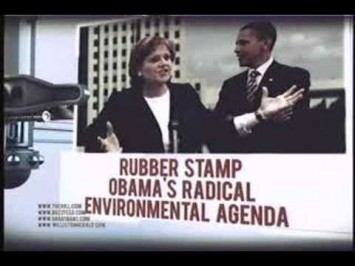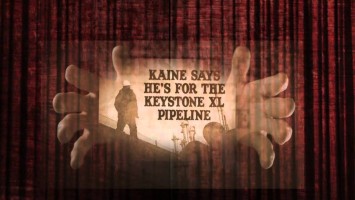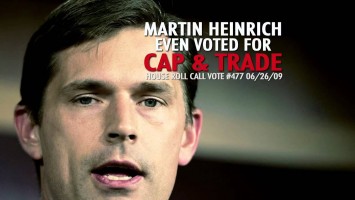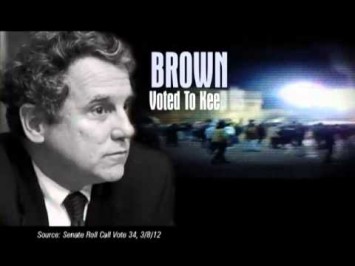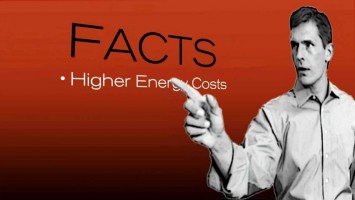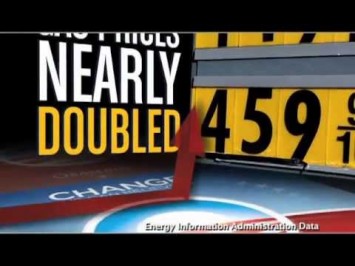U.S. Chamber of Commerce: “A Serious Threat To Jobs”

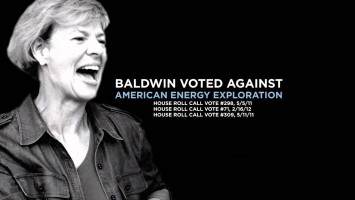
The U.S. Chamber of Commerce’s argument against Wisconsin’s Tammy Baldwin (D) distorts her record on health care, energy, and tax policy. The insurance-industry-funded Chamber attacks Baldwin for supporting a health care bill that included a public option, ignoring consistent popular support for the proposal. Baldwin’s opposition to the Bush tax cuts for the wealthy does not amount to raising taxes on small businesses (a claim the Chamber supports by citing a biased report on a flawed study commissioned by the Chamber itself). And, finally, Baldwin opposed Republican energy legislation that would have stymied efforts to make offshore drilling safer.
Read more after the jump.


